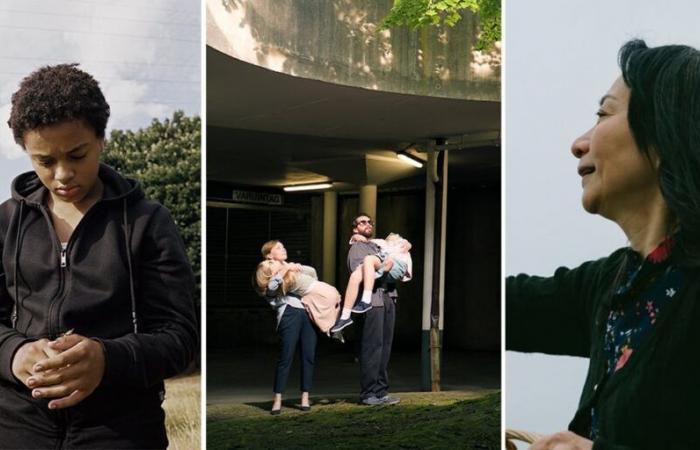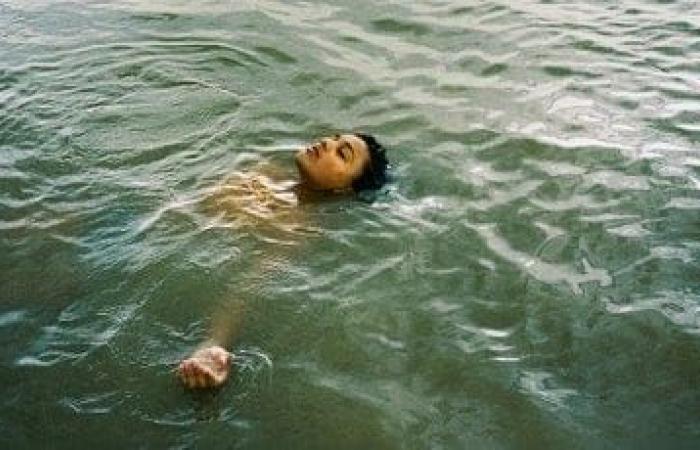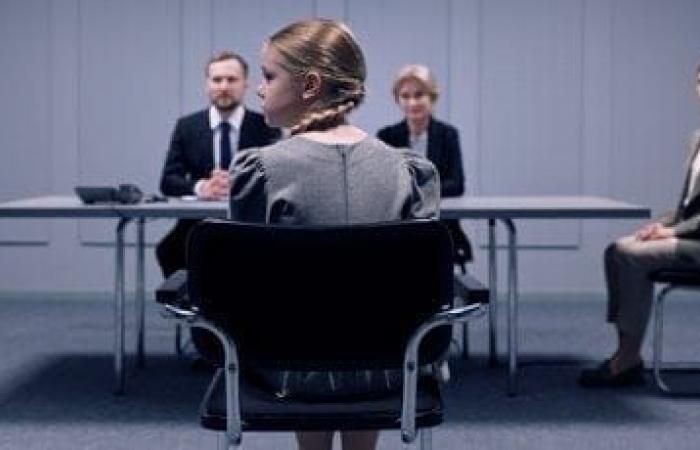Succession impossible (4 ⭐/5)
Everything Will Be Okay, by Ray Yeung, with Patra Au, Maggie Li Lin-Lin, Tai Bo. 1:33 a.m. Released Wednesday. (Credits: LTD/filmproduction/Nour films)
Inspired by true events, it’s a simple story. To tell the truth, we feared that it would only inspire one more militant film, Manichean but undoubtedly necessary to expose a type of situation that is too little represented in cinema. This story is that of Angie, a sixty-year-old Hong Kong woman suddenly confronted with the sudden death of her partner Pat but also with the behavior of the family ready to erase her from the inheritance…
This likely misadventure in any wealthy country where homosexuality is taken for granted, director Ray Yeung tells it with enough delicacy and depth so that we come away moved, touched by its two main actresses but also troubled by each one. members of their joint family. They all seem endearing, loving, not one bit homophobic. But ultimately not as accommodating as they pretend: throughout the plot, they multiply the signals letting their dear grieving aunt understand that she is a “friend” and that, after all, what concerns Pat’s “real family” is no longer necessarily his responsibility…
No, everything is not going to be okay after Pat dies. Through striking unsaid words, the film exposes how Angie, the widow, is surreptitiously reduced to silence, always brought back to convenience and obedience, basic rules of an ingrained heterosexual paternalism from which she believed herself to be free. This muted but powerful violence, Ray Yeung, whose cinema claims the cross influence of Yasujiro Ozu and Ang Lee, stages it with all the more finesse because, in this pretty family, everyone adores and respects the sunny duo that formed Pat and Angie, their warm apartment, their humor, their freedom, their generosity too.
But not everyone is doing as well as them. Pat’s brother and sister-in-law in particular, embittered by their professional setbacks, are, all things considered, tempted to consider their sister’s family legacy from a new angle. “ But we shouldn’t perceive the family as villains, explains director Ray Yeung. I wanted us to also empathize with them, for the viewer to question themselves and their level of homophobia. If it were him, what would he do? »
It’s important to face your death and, also, to know that those who support you today may not do so forever.
Deprived of her companion and not even sure of being able to keep her apartment, the widow Angie goes through a rout all the more poignant because those who become her “enemies” are her only family and are themselves convinced of acting for the good of all. “ Through this film, I would like to raise awareness of the fact that we can take care of our loved ones in many ways.indicates the filmmaker. Today, many heterosexual couples do not marry, exposing themselves to legal complications. And even married, you may need a will to avoid misunderstandings. It’s important to face your death and, also, to know that those who support you today may not do so forever. »
A teenager on fire (2 ⭐/5)
Bird, by Andrea Arnold, with Barry Keoghan, Frank Rogoswski, Nykiya Adams. 1:58 a.m. In theaters Wednesday. (Credits: LTD/atsushi nishijima)
After Americain Honey (2016) et Cow (2021), British filmmaker Andrea Arnold scores with Bird his return to his native country, the south of England. His obsessions too: in the vein of Fish Tank (2009), Bird does not take his eyes off Bailey (Nykiya Adams), a precocious teenager, mixed race, androgynous, a bit withdrawn in herself. Faced with her first period, she must also cope with the unpredictable moods of junkie parents on the edges.
His invasive father, played by the magnetic Barry Keoghan, is a bad boy with a big heart, tattooed in every way, established in a squat where he gives deafening parties and raises a toad whose venom is said to be psychedelic… His mother, less fanciful, more distant, lives elsewhere under the influence of a violent bad guy. Bailey’s only friend is her cell phone, with which she films snippets of her daily life, until the day she meets Bird, a misfit with hesitant speech, played by another charismatic actor, Frank Rogowski.
Interweaving several narrative threads and several actor numbers embodying
characters a priori foreign to each other, Andrea Arnold thus draws up
the vivid and colorful picture of a poor community but above all free, dignified, often funny and, if necessary, loud-mouthed. Its staging, elegant, full of strengths, seems seductive but sometimes artificial by dint of playing the card of dreamlike escapes and the ghetto more cool than miserable. And this beautiful dressing ends up taking precedence over a loaded scenario whose urgency we no longer understand and whose stakes we quickly forget, in the end.
Self-exile (4 ⭐/5)

Quiet Life, by Alexandros Avranas, with Chulpan Khamatova, Naomi Lamp, Grigoriy Dobrygin, 1h39. Released Wednesday. (Credits: LTD/Les Films du Worso)
Looking Quiet Life, by Greek filmmaker Alexandros Avranas, one might think
to the invention of a screenwriter with unbridled imagination, a lover of science fiction in its purest form. And yet no, the “resignation syndrome”, which in this film affects the two daughters of a couple of Russian exiles who have taken refuge in Sweden, does indeed exist and even tends to develop over the course of migratory movements.
Because asylum is refused to their family, the two sisters fall one after the other into a vegetative state, like fallen little sleeping princesses. Nothing and no one seems to be able to bring them out of this near-coma. All in an Orwellian environment in which the Swedish authorities delight with relish. Everything becomes icy and chilling. The undeniable success of the film is precisely to plunge us too into the heart of this implacable bureaucratic machine and to make us witness its terrifying banality.








